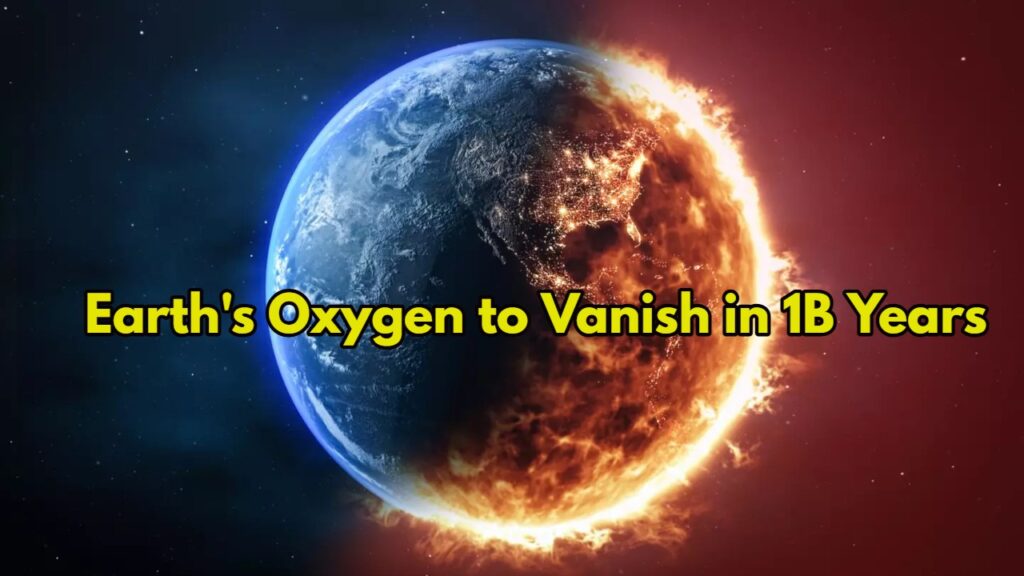Suppose the oxygen we breathe is gradually disappearing. No animals, no plants, no humans—perpetual silence. Sounded like science fiction? It’s not. Scientists have forecast something that might possibly change our way of thinking about the future of our planet. And the clock has already struck.
A Billion-Year Countdown Begins
A massive simulation was carried out by researchers at Tohoku University in Japan using NASA’s planet simulation software. They used a supercomputer to run about 400,000 simulations to determine how the atmosphere of the Earth would change with time. Their study suggests that in about a billion years, Earth’s oxygen supply could vanish completely. When it does occur, life as we know it won’t be possible.
Sun’s Slow Burn Is the Real Bad Guy
So, what is behind this impending disaster? The Sun. As it grows older, it’ll shine more fiercely and heat up even more. The warmth will begin to cause water on our planet to evaporate. The temperature on Earth will be increasing. The fine carbon balance necessary for life will gradually begin to break down. The plants will begin to die, and with them, the primary source of oxygen will be lost.
Earth Will Turn Back the Clock
Scientists indicate that the atmosphere will once again be as it was billions of years ago—teeming with methane, without oxygen. That’s before plants. Before animals. Earth will be a planet that is no longer harboring complex life.
The Big Question: When Will It Happen?
It’s not wishful thinking. Our oxygen-rich atmosphere has only a billion years left to survive, according to the study, which was published in Nature Geoscience. We once had two billion years, as earlier estimates had suggested. But the new study cuts that time in half.
Can Life Still Exist Then?
Possibly—but not the way we know it. No humans, no animals. Scientist Kazumi Ozaki explained that extreme heat and a lack of carbon dioxide would shut down photosynthesis. Without plants, there’s no oxygen. And without oxygen, complex life is out of the question.
The Bottom Line
Tomorrow is not the end of the world. But its time has run out. This is more of a warning than a science story. Our planet is fragile, dynamic, and alive. Even if we don’t get to see the last page, the book has already been published.

